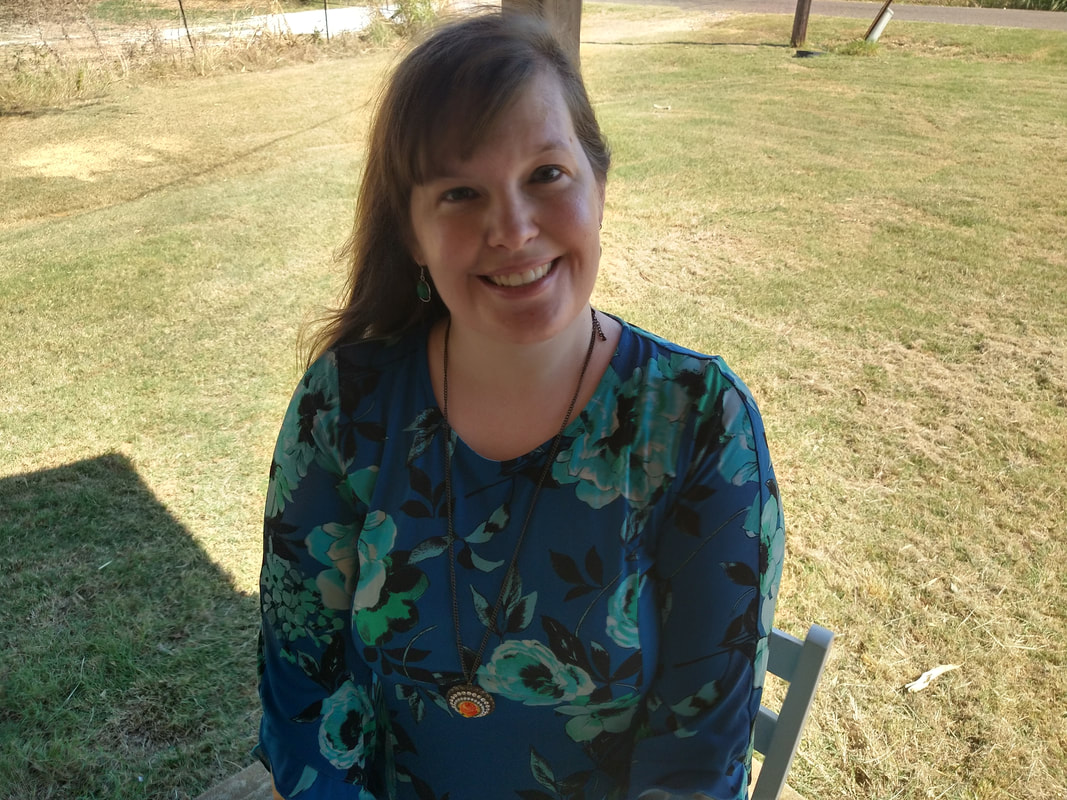|
It’s common knowledge that authors are told to write what they know. For instance, in the beloved Anne of Green Gables series of books, a constant thread involves her literary efforts while a teenager. They are melodramatic, romance soap operas that read like silly fanfiction about Camelot. Her characters, as she frequently resents being told, are essentially unreal, stylized fiction personalities that are too high-strung to make any sense to people. In fact, one of her stories was so—well, not exactly literary in quality—that it was chosen as winner for a contest advertising baking powder. (Probably because after Anne’s friend Diana made little awkward additions to an originally full-of-itself fiction effort, those contest judges thought it was the funniest thing they’d ever read.)
Readers want to hear about situations they’ve seen in real life. Anne is told this many times. But if we’re going to talk about “write what you know,” people who write fiction do not write biography or memoir, so they can’t just record what they’ve seen in their lives by putting friends and neighbors into books. Such actions can easily come across as simply uncreative or even spiteful and tasteless if anything critical is said about the characters based on real people. And does this idea even apply to speculative fiction, like sci-fi and fantasy, at all? If it's best to stick to what you know, how exactly can you write about a far future or a world with dragons when you’ve never seen those things? People must think authors really have the power to go to the places they talk about. 😊 I feel that this phrase does indeed apply to speculative fiction too, because you can know about things in life besides physical locales and personal acquaintances. Science fiction often requires a lot of understanding of scientific possibility and fantasy explores philosophy and morality—all things that people can be expected to know about. But in two of my more realistic stories--Movies at the Beach and A Year with the Harrisons--that pretty obviously draw from some real life experiences, I tried to navigate between the scenes that I knew from life and characters that were fictionalized so that the story could be told a lot better. For instance, the characters in Movies at the Beach attend a dance school because I did that at their age. I wrote about what I knew. But some of the actual people at the school are altered for the story. The dance teacher’s sons in real life were both very lovely young men and I remember them fondly. But they weren’t funny. Not only would it be rude to put them in fiction without their permission, they wouldn’t make good comedic antagonists at the school—unlike the fictional Dylan Dupree in the story. Similarly, Letty Harrisons' extended family is much more dramatically different from hers than happened to me in my real life, but I kept a lot of the details of the world of Texas that I knew about fifteen years ago. Substituting other relatives that went better with the story—a story about growing up and culture shock—turned it into what it really is, a work of fiction. Fiction blends reality that you know with characters native to the genre you’re writing, often replacing real people who came and went and didn’t really create a story you could tell. So the advice, I found (and I think every author has found), should be amended to, “Write what you know—but not literally everything you've ever seen. It's OK to fictionalize at times, because some things don’t add anything to the story even if they really happened to you.” And there will be more updates. Comments are closed.
|

Young Adult Fiction Author
Sarah ScheeleJoin the newsletter below! This signup has no reader magnets attached but I am preparing a freebie to be offered as part of the welcome email in the near future.
Categories
All
Check out my list of Top 5 Best Children's Adventure Books About Family and Exploring I've Recommended on Shepherd.com!
Archives
June 2023
|
